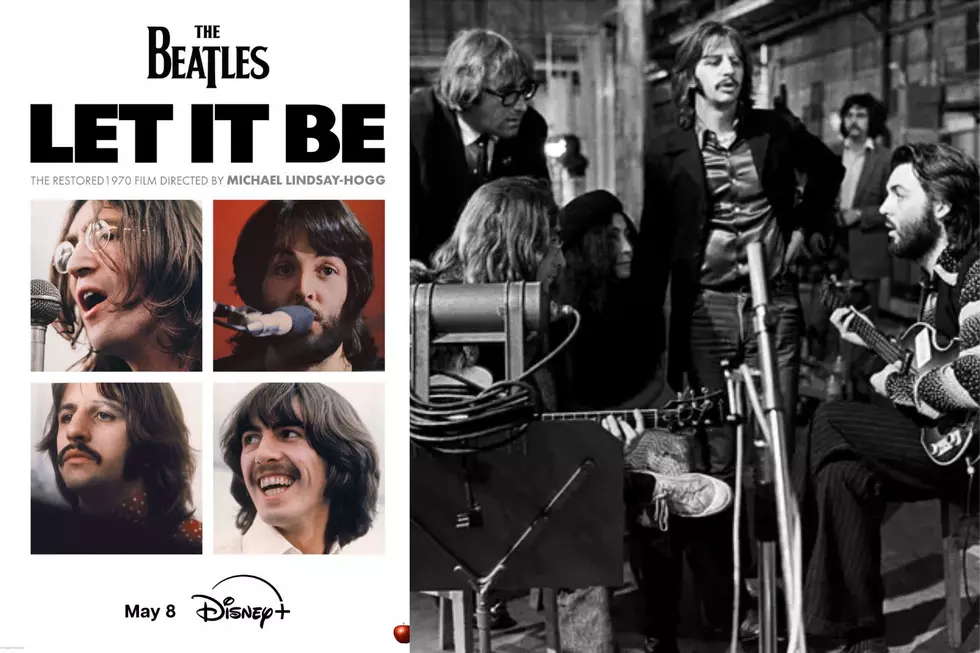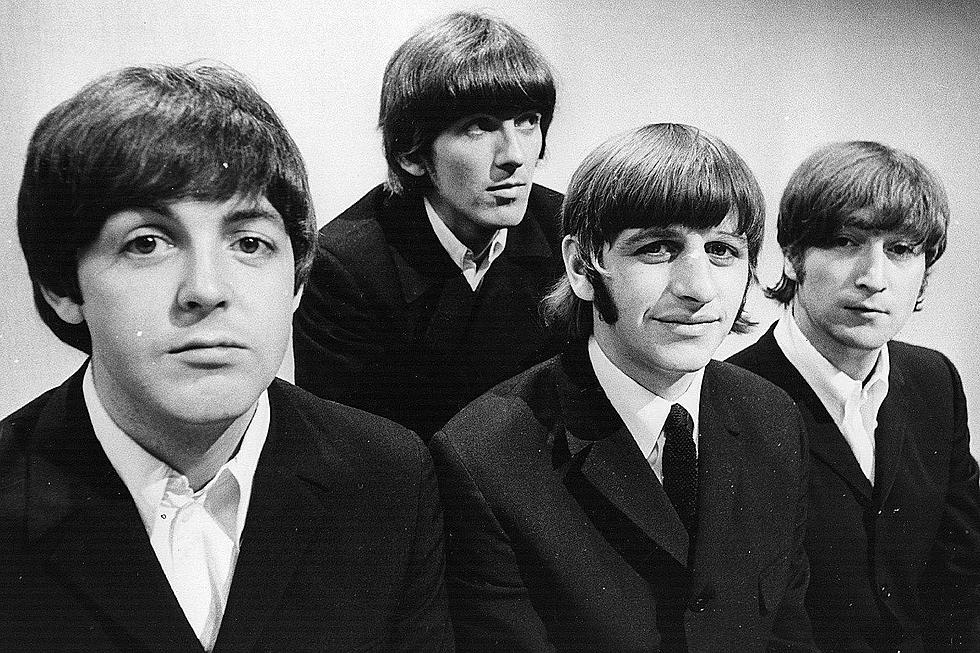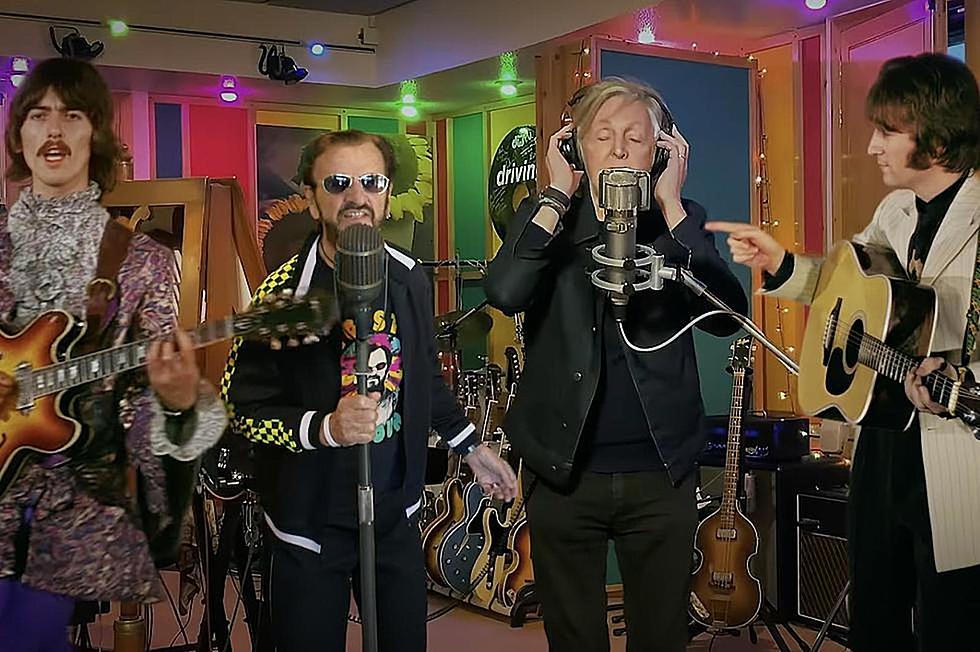
Ana de Armas Fans Settle Lawsuit Over ‘Yesterday’ Trailer They Claimed Tricked Them Into Thinking She Was in the Movie
A lawsuit that threatened to hold movie studios accountable for the content of their trailers — especially the ones that weren’t especially accurate depictions of their subjects — has been settled.
It all stemmed from the Danny Boyle movie Yesterday. The film imagines a world where a musician (Himesh Patel) gets into an accident and when he wakes up, he is the only one on the planet who remembers the Beatles. That allows him to present the Beatles’ classic songs as his own, and to become a huge star in the process.
The trailers for Yesterday included a scene featuring Ana de Armas. When the film came out, de Armas did not appear; her role had been cut out during post-production. (Supposedly, she was removed because test audiences did not want the Patel character to romance de Armas and preferred he remain faithful to Lily James’ character, who he knew before he became a world-famous, Beatles-music-stealing star.)
That sparked a lawsuit from two Ana de Armas fans. They sued Yesterday’s distributor, Universal, claiming the trailers for Yesterday were false advertising that tricked them into seeing the genial romantic comedy under false pretenses.
Here is de Armas’ deleted scene from the film.
READ MORE: 10 Good Trailers For Bad Movies
An initial ruling in the suit found that studios could be held liable for false advertising based on the contents of their trailers. But according to Variety “various setbacks followed, leaving the men on the hook for $126,705 in Universal legal fees.” As a result, the two sides settled their dispute last weekend.
The terms of the settlement were not disclosed, but Variety claims that filings in the case suggest “nobody is happy with the outcome.” The two men who brought the suit think they had a point, but they were unable to carry it forward because various rulings meant that they were on the hook for Universal’s legal feels, which amounted to hundreds of thousands of dollars. And Universal was forced to spend hundreds of thousands of dollars defending themselves from a couple guys who (perhaps not unfairly) felt liked they got tricked into seeing a movie.
So the case is over, and, I suppose, studios remain free to advertise their films as they see fit. We’ll see what happens the next time a movie star shows up in a movie’s trailer but gets cut out of the final product.

The Best Fake Movie Trailers From Actual Films
More From ScreenCrush









